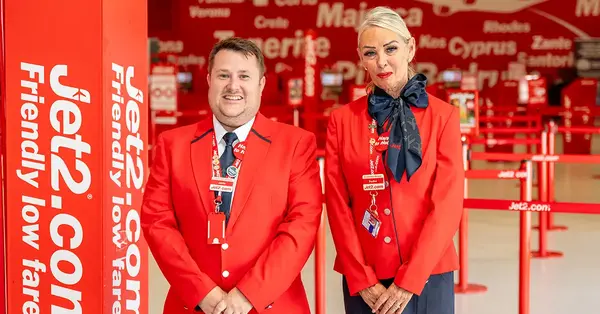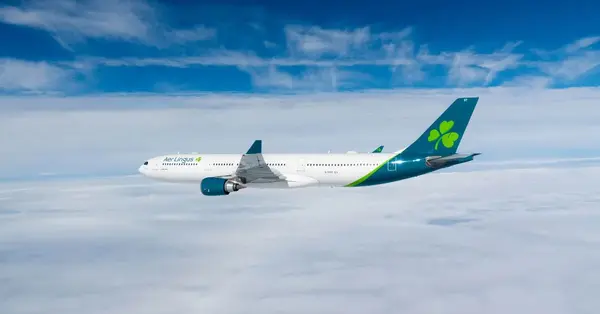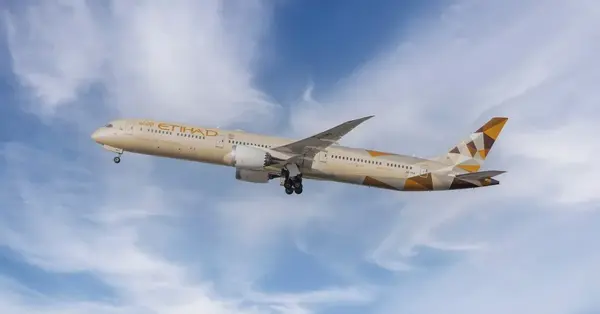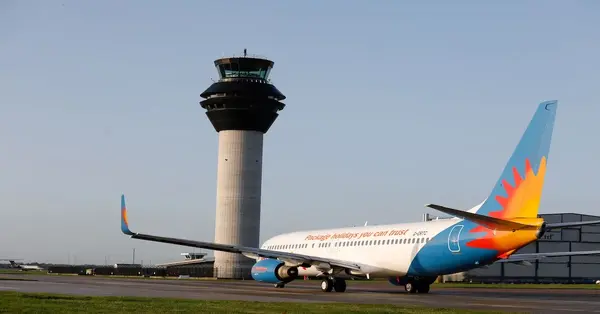You are viewing 2 of your 2 free articles
Analysis: Package travel proposals fall short
The government consultation on reform of the Package Travel Regulations is limited in intention. Ian Taylor reports
Government proposals for reform of the Package Travel Regulations (PTRs), published in a consultation on April 7, contain no real surprises.
The Department for Business and Trade (DBT) has dropped the most contentious proposal under the previous government, to remove lower priced package holidays from the regulations.
It has also dropped proposals to remove domestic packages altogether from the PTRs and to remove all mention of Linked Travel Arrangements (LTAs).
However, the DBT is considering exempting domestic packages which do not include a travel element from the PTRs and invites views on whether that “would support businesses to offer more choice to consumers”. It notes: “We are looking to encourage the provision of arrangements that involve accommodation and other tourist services, such as excursions or admission to events and attractions.”
The alternative option is “to keep all domestic packages in scope” of the regulations.
Allied to this, the department proposes to clarify when ‘other tourist services’, such as concert tickets, sports events, excursions, ski passes or spa treatments compromise part of a package. Currently, ‘other tourist services’ form part of a package if they make up a ‘significant proportion’ or are an ‘essential feature’ of a package.
The DBT notes the UK “could diverge” from the EU’s approach, by removing the ‘significant proportion’ criterion and clarifying what constitutes an ‘essential feature’. Alternatively, it could leave the regulation as it is.
It recognises the need for reform of the regulations on LTAs, noting “few businesses use them [and] we want to understand why that is, what benefits there are in the current system [and] whether greater benefits could be secured by a reformed LTA model?”
However, the department proposes either to leave LTAs as they are or to retain the LTA category but “limit the ways in which an LTA can be created”.
There are currently two types of LTAs, involving the purchase of two or more services for a single trip – type A involving two or more services under separate contracts with individual providers made on a single contact with a point of sale, and type B involving separate payment for two or more travel services for the same trip through targeted and linked booking processes within 24 hours.
The government proposes replacing these with a single definition, abolishing type B, “to provide clarity about when an LTA will be created”.
Increased flexibility on financial protection
The consultation recognises the need for increased flexibility for organisers in securing insolvency protection, albeit this can only apply to non-flight packages as packages incorporating flights are subject to the Atol Regulations.
The current rules require insolvency protection to be provided through bonding, insurance or trust arrangements.
The Department for Business notes use of a trust account must be combined with insurance provision to cover repatriation of customers and associated costs, and an organiser may also combine trust arrangements with additional insurance to provide cover for refunds.
The DBT says it is considering increasing the options to also allow a combination of bonding with trust arrangements, noting that “most businesses agree having multiple routes to comply with the regulations is preferable”.
It asks whether businesses would like this additional flexibility or prefer the requirements to be left as they are.
In addition, the government proposes removing the current territorial restrictions on insurance cover against insolvency which mean policies must be held with an insurer authorised in the UK, Channel Islands or Isle of Man. It suggests relaxing this restriction could widen the choice available and lower costs for businesses, and seeks industry views on this.
Right to supplier refunds recognised
Proposals to clarify travel organisers’ right to redress from suppliers when things go wrong should prove welcome.
The Department for Business notes Regulation 29 of the PTRs provides organisers with “an express right” to seek redress from a third party if an organiser is required to make a refund or price reduction or pay compensation and the actions or failings of the third party contributed to triggering the payment.
But it recognises “the requirement for organisers to provide refunds within 14 days may not align with the time it takes to receive recompense from suppliers”.
It notes: “Organisers have indicated . . . they can find it difficult to get redress from third parties. Some will refuse to refund the organiser often claiming they are not required to.”
The consultation suggests a time limit of 14 days for third parties to make payments in redress and asks, among other question: “What else could improve package travel organisers’ ability to get timely and effective redress from suppliers?”
The department has clearly taken on board some of the feedback from industry to its Call for Evidence on initial proposals in late 2023.
But the modifications to proposals are restricted to what was in that Call for Evidence. The department has ignored additional points raised by respondents, not least Abta’s plea to address the increased liability of organisers when something goes wrong on a holiday since the new PTRs came into force in 2018.
Abta director of legal services Simon Bunce noted last month at an Abta Travel Finance Conference that the PTRs now mean: “If something goes wrong and no one is at fault, if for example there is a hurricane, the organiser is still liable to give a price reduction.”
In addition, he explained, the Supreme Court ruling in the case of X vs Kuoni in 2021 “says an organiser is responsible for something that goes wrong even if the hotel is not.
“That goes too far. Even if a customer has no claim against a hotel, the organiser would be liable.”
The Department for Business appears to have registered neither of these points, and the omissions will frustrate those in the outbound sector charged with responding. Domestic travel businesses, not least hoteliers, may be rather more pleased.
Industry stakeholders have 12 weeks until June 30 to respond to the consultation.


















